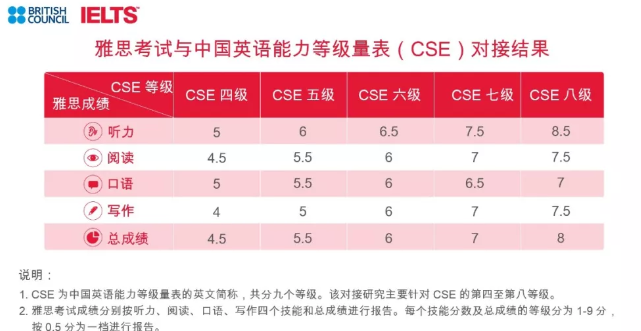LSAT技巧心得:聚焦LSAT阅读
|
focus: reading comprehension reading comprehension is the only question type that appears on all major standardized tests, and the reason isn't too surprising. no matter what academic area you pursue, you have to make sense of dense, unfamiliar prose. law, of course, is no exception. ◆◇reading comprehension on the lsat this section consists of four passages, each about 450 words long with five to eight corresponding questions. these long excerpts of scholarly passages are reminiscent of the kind of prose found in law texts. the topics are chosen from the areas of social sciences, humanities, natural sciences, and the law. ·35 minutes ·approximately 25 percent of your score ·usually 27 questions ·common question-types: main idea, detail, inference, logic, extrapolation ·tests ability to read dense, scholarly material and ascertain the structure, purpose, and logic. ·key skill is identifying main idea of a passage, gist of argumentdoesn't require outside knowledge ·very different from sat reading comp: dense, more difficult prose and inferences ·not a test of memorizing details ◆◇kaplan quick tip阅读捷径 certainly knowing a little about the topic discussed in a passage can be helpful. if you can relate the ideas in the passage to what you know of the world, you'll be more confident. but remember to answer the questions based on what's in the passage, not on what you may have learned elsewhere about the topic. ◆◇seven basic principles七大原则 1. read the first third of passage carefully the first third of any passage usually introduces the topic and scope, the main idea, the tone, and almost always hints at the structure that the passage will follow. first, get a sense of the general topic; then pin down the more specific scope of the passage; and finally, glean the author's purpose in writing the passage and the main idea that he or she is trying to convey about that particular subject. 2. focus on the main idea almost every passage boils down to one big idea. you should always keep the main idea in mind, even when answering questions that don't explicitly ask for it. correct answers on even the detail questions tend to echo the main idea in one way or another. 3. get the gist of each paragraph the paragraph is the main structural unit of any passage. after you've read the first third of the passage carefully, you need only find the gist, or general purpose, of each succeeding paragraph. then, attempt to relate each paragraph back to the passage as a whole. try labeling each paragraph, so you know what's covered and how it fitssintosthe overall structure of the passage. this will help you get a fix on the passage as a whole and locate specific details later. 4.don't obsess over details don't feel that you have to memorize or understand every little thing as you read. remember, you can always refer back to the passage to clarify the meaning of any specific detail. 5.attack the passages you receive zero points for just "getting through" the passage. you're entering the passage for the sole purpose of picking up the author's key ideas that will enable you to rack up points. by thinking in terms of an attack, you're less likely to be diverted from this mission or to let the densely-worded prose distract you. |








